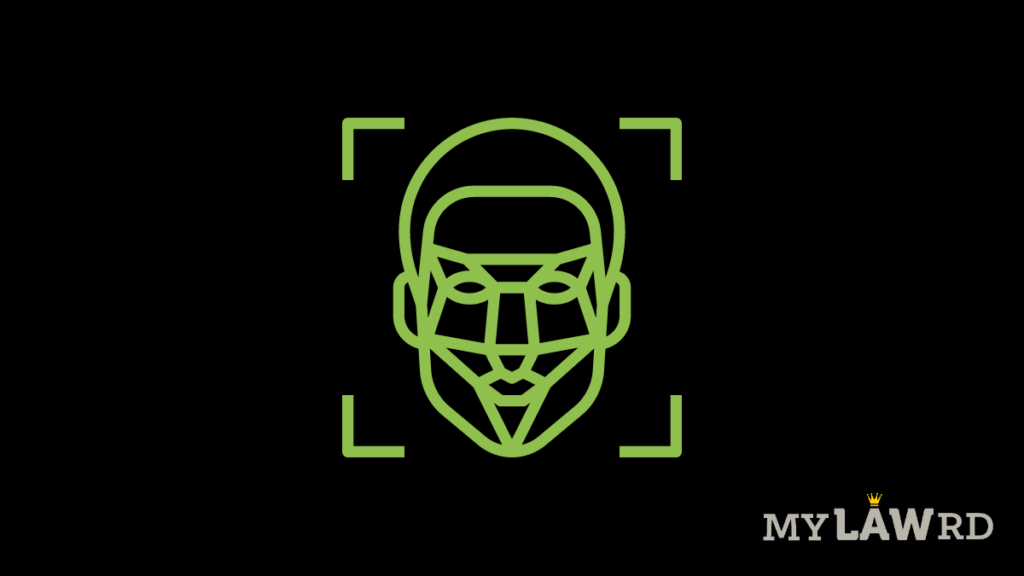The European Parliament has passed a resolution that calls for a permanent ban on AI (Artificial Intelligence)-based facial recognition systems. In a resolution adopted by 377 in favor, 248 against, and 62 abstentions, Members of the European Parliament emphasized the risks of algorithmic bias in AI.
Calling for the need to have strong legal powers to prevent discrimination by AI, especially in law enforcement or border-crossing context, the Members said human operators must always make the final decisions. Further, subjects monitored by AI-powered systems must have access to remedy.
Concerns about discrimination by AI
According to a press release, AI-based identification systems misidentify minority ethnic groups, LGBTI people, seniors, and women at higher rates. Members ask that these algorithms should be transparent, traceable, and sufficiently documented to protect fundamental rights.
Vendors of AI-based facial recognition solutions have already admitted that algorithmic bias has plagued their systems for years. Although they have tried to fix the problem using diverse data sets, the bias rates are still too high to be acceptable. Various studies have shown the technology is not very reliable on Black and Asian skin tones. Due to similar reasons, Google is working on an alternative color scale.
Article 5 and 22 of the GDPR limit the use of Artificial Intelligence systems.
On 5th Feb, Canada banned Clearview AI’s facial recognition service for collecting highly sensitive biometric data without consent. Following this, in mid-February, Sweden’s data watchdog imposed a fine on local police for unlawful use of Clearview AI. The UK has also declared facial recognition implementations illegal.
The European Data Protection Board (EDPB) and the European Data Protection Supervisor (EDPS) have also called for a ban on the use of facial recognition in public spaces calling it “Extremely High Risks”.
Meanwhile, law enforcement agencies around the world are relying heavily on AI-based facial recognition for investigation purposes. In a lawsuit by S.T.O.P. against the NYPD, it has disclosed that more than 22,000 Facial recognition searches were conducted between October 2016 to October 2019.
What does the Parliament want?
The Members of the Parliament asked for a permanent ban on the automated recognition of individuals in public spaces. However, they say that citizens should be monitored when suspected of a crime.
Besides, they ask to forbid the use of private facial recognition databases (e.g. Clearview) and predictive policing based on behavioral data, and the use of AI for social scoring systems.
Finally, Parliament is concerned by the use of biometric data to remotely identify people.
Do subscribe to our Telegram channel for more resources and discussions on technology law and news. To receive weekly updates, don’t forget to subscribe to our Newsletter.

